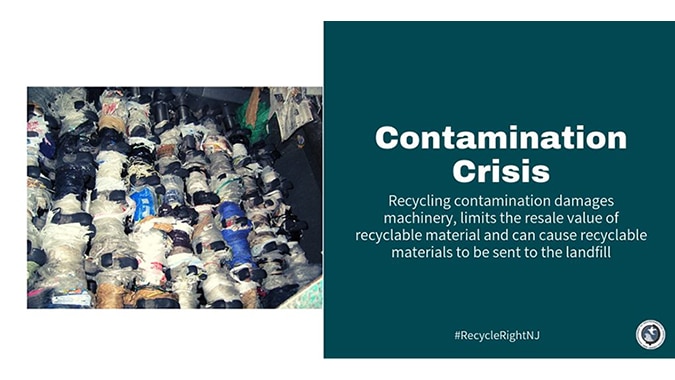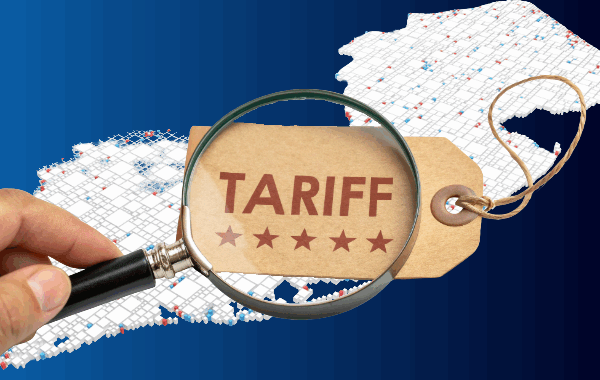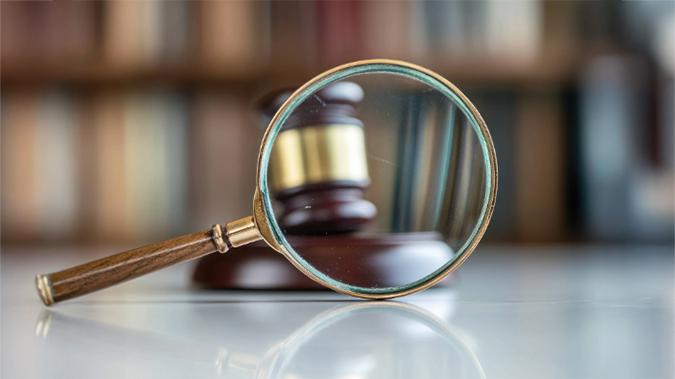As part of the state’s “Recycle Right” campaign, the Department of Environmental Protection has made available a downloadable handout for business owners to help them avoid recycling contamination that affects the marketability of collected recycled materials.
Recycling contamination occurs when normally recyclable items such as corrugated cardboard, office paper, aluminum and steel cans, plastic containers and glass bottles are mixed with items that cannot be recycled. Examples of contaminants include most coffee cups, used pizza boxes, plastic bags, electrical cords, hoses, paint cans, car parts, clothing and other trash.
Manufacturers of recycled content products will not accept or utilize loads of recyclable materials that are contaminated. Additionally, incorrect recycling can damage machinery, cause fires at recycling centers, and force contaminated loads to be sent to landfills.
Businesses can help reduce recycling contamination by:
- Educating employees and customers about recycling program requirements
- Providing clearly labeled containers for recyclable materials and trash
- Posting easy-to-understand signage about the recycling program
- Periodically inspecting recycling containers and trash for cross-contamination
- Training new employees about on-the-job recycling
- Coordinating with haulers to ensure the recyclable materials collected at a business meet the quality control standards of recycling markets.
- New Jersey law has required residents and businesses to recycle since 1987. Municipal and county recycling coordinators can also answer any questions a business has about proper recycling in their area.
For more information, download the “Recycle Right” handout here or go to the DEP’s website to access other promotional materials that can be used on social media.




